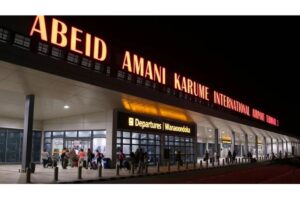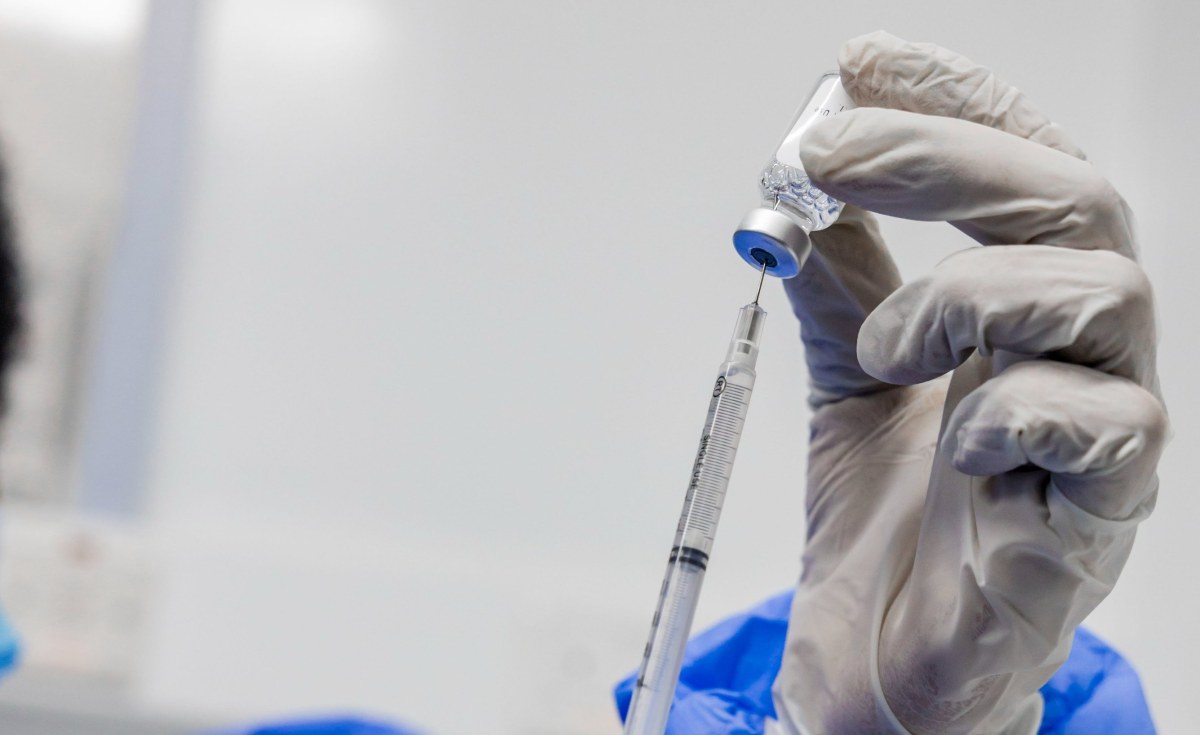In a significant milestone of rural transformation, the Rural Energy Agency (REA) has successfully electrified 98 per cent of all villages across the country.
Such great stride in the energy sector is in line with the ruling party CCM’s 2020-2025 Election Manifesto, which directs the government to supply electricity to all streets and villages by 2025.
With one year ahead to the deadline, the sixth phase government under President Samia Suluhu Hassan is on track to beat the envisioned goal of connecting all villages with electricity infrastructure, which is critical in elevating citizens’ living standard.
The REA Director of Rural Electrification, Engineer Jones Olotu told the ‘Daily News’ in an exclusive interview in Dar es Salaam recently that as of July this year the power agency connected with electricity a total of 12,031 villages, equivalent to 98 per cent of all villages.
He said currently, only 287 villages are not connected with power, noting they will be connected to power in September this year.
He said that a total 8,247 villages had already been connected with electricity, equivalent to 66 per cent by 2020.
And, REA has been implementing a five years grand plan of electrifying the remaining 4,071 villages that would see all 12,318 villages countrywide linked with power by next year.
REA ambitious plan is aligned with the ruling party CCM’s Election Manifesto 2020-2025 and the Third National Five-Year Development Plan covering 2021/2022 to 2025/2026 (Third FYDP) that aims at guiding the country’s efforts towards the attainment of the Tanzania Development Vision 2025, all together intend on among others to achieve a middle-income, competitive and semi-industrialised economy with shared growth and high-quality human development.
“We are ahead of the manifesto as by September this year, which is before its time limit (2025), we are going to realise electrification of all villages,” Mr Olotu said.
He said availability of electricity in rural areas has been boosting citizens’ income by enabling them open new economic activities such as shops and kiosks, groceries, restaurants and hair cutting and beauty salons.
ALSO READ: PURA set to announce new oil, gas exploration opportunities
Furthermore, it improved domestic activities like lighting, charging phones and listening to radio, he said adding it also made life easier and more pleasurable by allowing businesses and kiosks to function even during the night hours.
On the other hand electricity supported children’s education by allowing them to study at night, he said and noted it enabled villagers to receive health services closer to their homes and at a lower cost.
The next step ahead, he said REA’s focus is to ensure electricity reaches all hamlets and households referring to the fact that presently, only 32, 827 hamlets equated at 51 per cent have power, while 31,532 others are yet to be connected.
He said the rural energy body has another five years electrification plan spanning from the current 2024/2025 Financial Year aiming at lighting 20,000 hamlets at a cost of about 6tri/-.
Mr Olotu detailed that REA projected to connect 4,000 hamlets per year. The country has a total of 64,359 hamlets.
“Up to now, we are undertaking procurements for implementation of the first batch within the current financial year. Few days to come, we will announce tenders for contractors to be located to specific hamlets,” he said.
Toward national wide households’ electrification, according to the Third FYDP, the country targets at ensuring 60 per cent of all households are connected with power by the end of 2025/2026 FY from 40 per cent lighted in 2021/2022.
He lauded the government for implementation of the Julius Nyerere Hydropower Plant (JNHPP) project that after its completion is expected to add 2,115 megawatts (MW) into the national grid, critical in stabilising electricity supply in the country and beyond.
In February 2024, the project injected 235MW into the national grid after a switching on of its ninth turbine that strengthened electricity availability both in urban and rural areas.
A villager, Mr Peter Nzema (30) based in Bukumbi village, Shinyanga Region commended the government for connecting their rural community with electricity.
He said their village was connected in 2023 ending over five decades of living in dark without electricity.
He said prior to being connected with electricity their village’s economic activities were paralysed with no any factory in comparison to now whereby a maize mill has been established by a local investor.
More significantly, he said the Bukumbi village experiences some sort of urbanisation, as a result of residents who take initiative to open up saloons and shops.
“It is just a beginning of transformation of the village that for so long time we used to dream one day to have electricity,” Mr Nzema said.
However, he noted that there is a slow pace in connecting the hamlets existing in their villages.
“It’s okay that the electricity has reached our village but the number of households connected remains less than 10, the power has not been distributed to our residential area as we hoped,” he said, adding “We are ready to pay.”
Mr Nzema told Daily news if REA starts to connect households in their village, it will enable small farmers including himself who choose to undertake irrigation especially in vegetable and fruit crops including tomatoes and water melon to scale up production.
“Small scale farmers who adopt irrigation are eager to see their households and hamlets are connected with electricity to get rid of using diesel powered generators, which make them incur high cost of production,” he said.
Reacting on the on-going rural electrification, Economist cum Investment Banker, Dr Hildebrand Shayo anticipated that the transformative move will directly affect, positively though, the commercial sector through the use of specific electrical appliances encompassing refrigerators.
Furthermore, he said presence of electric lights will facilitate residents to extend working hours, subsequently propelling the country’s development.
“Electrification in rural areas may result in to increases in daytime working hours and noticeable increases in evening and night time working hour,” Dr Shayo said.
Dr Shayo said in his ongoing research on Economic Impact of Rural Electrification in Tanzania, he found that the number of shops per 1,000 people in electrified villages is 4.28, compared to 3.43 in nonelectrified villages, a roughly 25 per cent difference.
Regarding institutional development, he said that electrified villages in several case study areas have much greater levels of institutional development.
“I can assert that it dramatically improves the general standard of living in rural areas, lowers rural-urban migration, increases industrial and agricultural production, and produces more jobs” Dr Shayo remarked.
Ms Betty Mbuzi, a resident at Mwatulole Street in Geita Region said she was optimistic that electrification all villages in their region will catalyse mining activities involving artisanal miners in their region which is endowed with minerals.
She noted that lack of electricity in some villages while others are connected with it culminate into energy divide.
Source: allafrica.com














